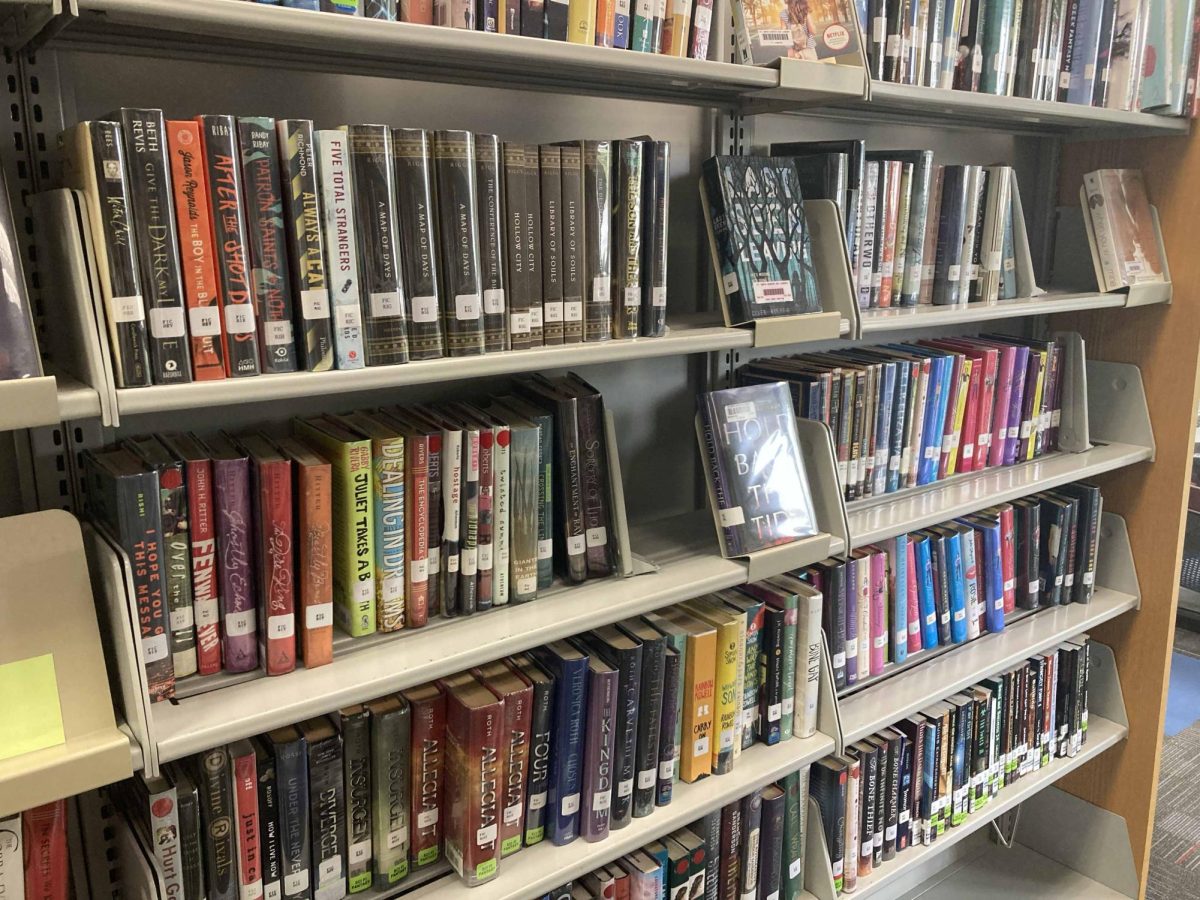Banned books. Censorship. The First Amendment. These things are all connected. Especially now, and especially in our community.
In the United States, the First Amendment states, “Congress shall make no law respecting an establishment of religion, or prohibiting the free exercise thereof; or abridging the freedom of speech, or of the press; or the right of the people peaceably to assemble, and to petition the Government for a redress of grievances.” Think about this for a second.
Congress shall make no law prohibiting the freedom of speech or the press. Why are books being banned then? And why are people ok with it?
In the past few years, book bans have been at an all-time high in Texas — which is one of the states with the most book bans, second only to Florida. School administrators in Texas have banned 625 individual titles across 22 school districts in 2022 alone.
The spike in book challenges in Texas can be traced to October of 2021 when former State House Rep. Matt Krause (R-Tarrant County) sent a list of more than 800 books to school districts asking for information about how many of each book were available on school campuses. Then he called for the removal of these books in school libraries, which made getting books much harder for public school students and any children who visit public libraries. Many of the books on the list covered topics of sex, race, religion and politics. He justified this by saying that the books on the list “might make students feel discomfort, guilt, anguish, or any other form of psychological distress because of their race or sex.”
Some popular books that have been banned in Texas include “The Handmaid’s Tale” by Margaret Atwood, “The Perks of Being a Wallflower” by Stephen Chbosky, “Diary of a Wimpy Kid,” by Jeff Kinney, “Book Thief,” by Markus Zusak, and many more.
I am an avid reader, so the thought of not being able to get access to the books that my friends or I want to read is devastating.
My ask is that everyone reading this picks up a banned book – whether it has been banned in your state or not – and reads it. Even something as simple as a picture book that takes you ten minutes to read can help change the narrative. If people continue to have conversations about these books and this issue, one day, hopefully, everyone can have easy access to the books they want to read. Hopefully, people will be able to read about characters that look, act, or sound like them.
As Neil Gaiman said, “A library is a place that is a repository of information and gives every citizen equal access to it. That includes health information. And mental health information. It’s a community space. It’s a place of safety, a haven from the world.” Let’s keep it this way.





